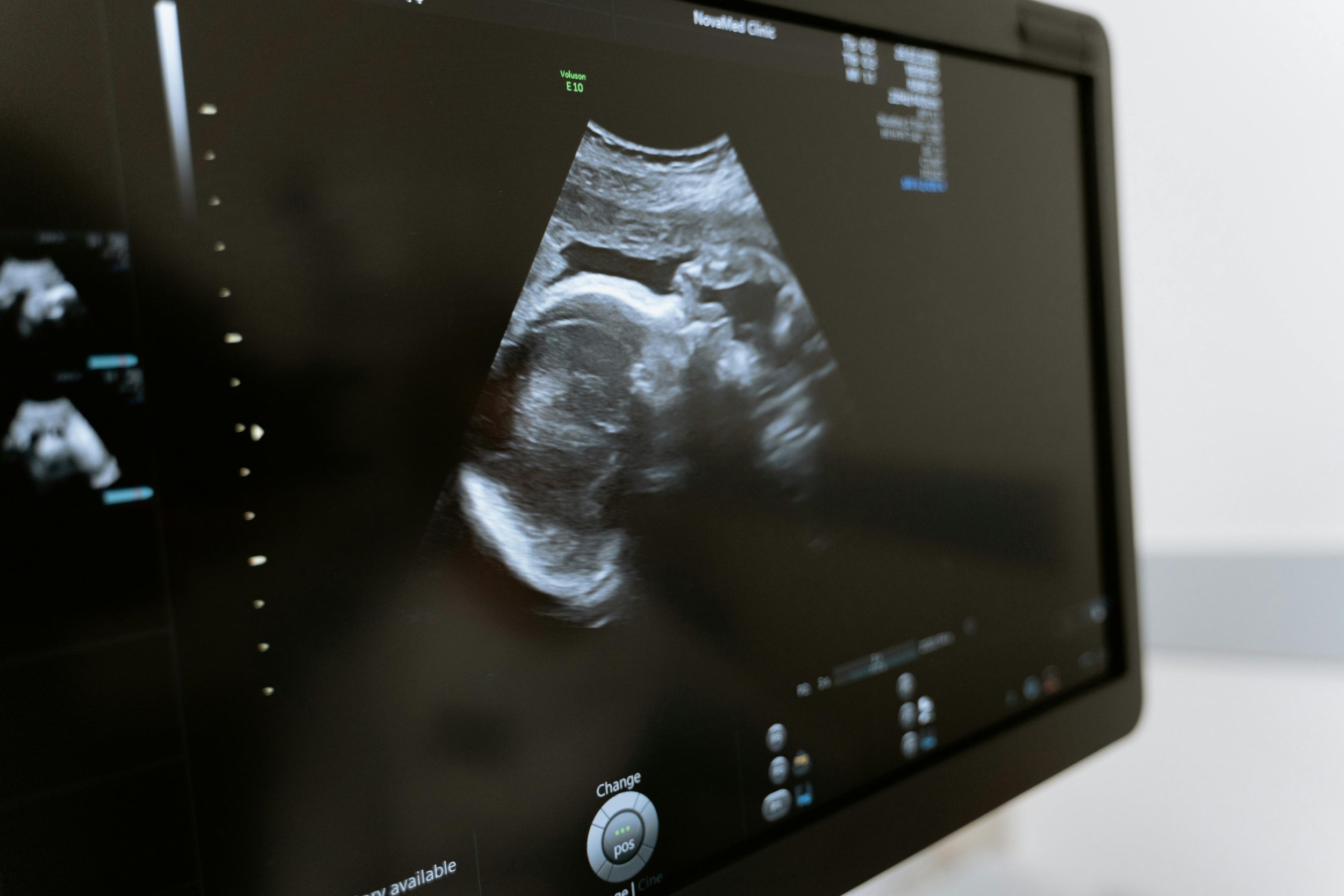First Abortion, Now IVF: How Christian Extremists Continue to Destroy the Right to Choose for Women
Credit: Mart Production/Pexels
The United States are witnessing an increasingly blurred line between religious doctrine and reproductive rights, pushing the country towards a scenario many would have deemed implausible years ago. The recent ruling by an Alabama Supreme Court has reignited the contentious debate surrounding in vitro fertilization (IVF) and its standing within the framework of abortion laws, with Christian extremists at the forefront of this battle against women's autonomy.
In a concurring opinion that has drawn both attention and ire, Chief Justice Tom Parker did not shy away from intertwining legal judgment with religious convictions, asserting that the sanctity of life, as viewed through a Christian lens, demands protection from conception. This statement has raised eyebrows for its overt religious overtones in a supposedly secular legal system. It also sparked fear among IVF advocates and prospective parents about the future of reproductive technologies in the United States.
The ruling targets a procedure that has become a lifeline for millions struggling with infertility, framing it within the same moral and legal controversies that have long surrounded the abortion debate. The decision to equate embryos with children under the law, influenced by religious beliefs, poses a direct threat to IVF, potentially stripping countless individuals of the chance to build families through medical assistance.
This intrusion of religious ideology into reproductive rights does not stand in isolation. It is part of a broader movement seeking to reshape the legal landscape according to a Christian nationalist agenda, where laws reflect conservative Christian morals at the expense of individual freedoms and diversity of belief. The alarming rhetoric utilized by Justice Parker, invoking "the wrath of a holy God," underscores a shift towards a legal system where religious dogma could dictate the bounds of science, medicine, and personal choice.
The implications of such a shift extend beyond IVF, threatening to redefine the legal understanding of personhood and potentially limiting access to contraception and other reproductive health services. Critics argue that this conflation of religious beliefs with legal standards undermines the separation of church and state and imposes a singular moral vision on a pluralistic society.
President Joe Biden and Vice President Kamala Harris have voiced their opposition to this encroachment on reproductive rights, framing it as an affront to the autonomy and decision-making capabilities of women and families. Their statements reflect a growing concern over the erosion of reproductive freedoms, viewed by many as a cornerstone of gender equality and personal liberty.
However, the support for the Alabama court's decision among specific political figures and religious groups highlights the profoundly polarized nature of this issue. As the United States grapples with the consequences of intertwining religious convictions with legal governance, the question remains: how far will the country go in allowing religious extremism to dictate the rights and choices of its citizens?
In this climate of uncertainty, the battle over IVF and reproductive rights is more than a legal or religious issue; it's a stark reminder of the ongoing struggle for autonomy, dignity, and the right to choose in a society where such principles are increasingly under siege. As America treads further down this path, the echoes of a dystopian nightmare grow louder, challenging the ideals of freedom and separation of church and state that once defined the nation.

